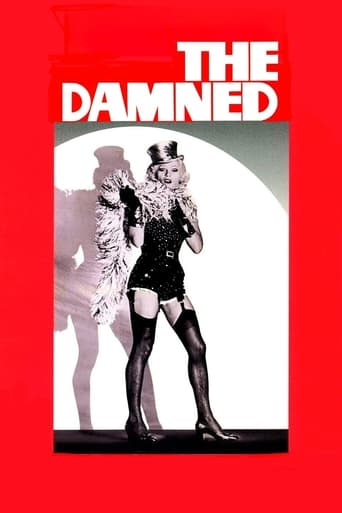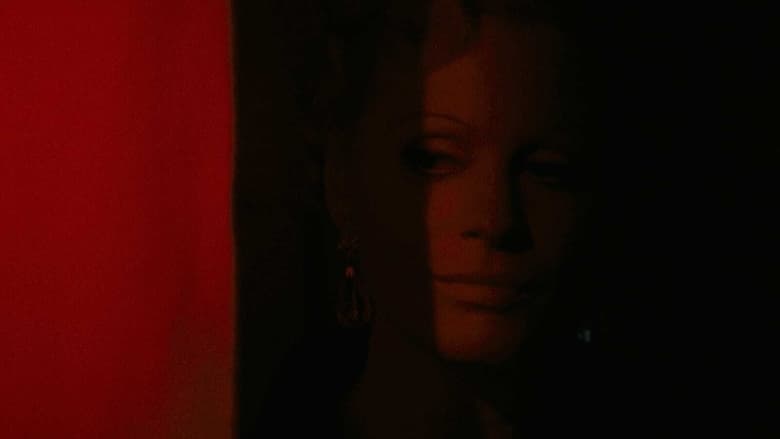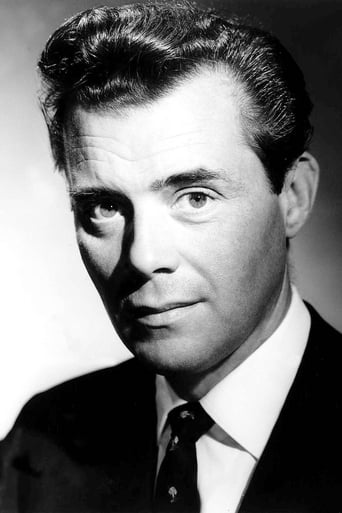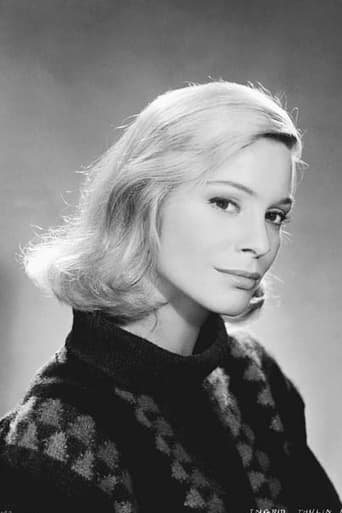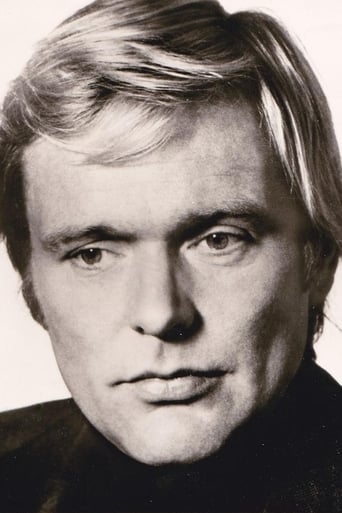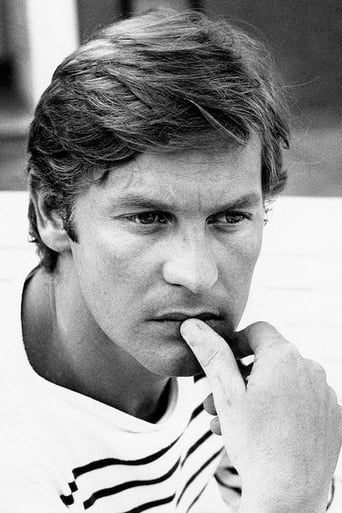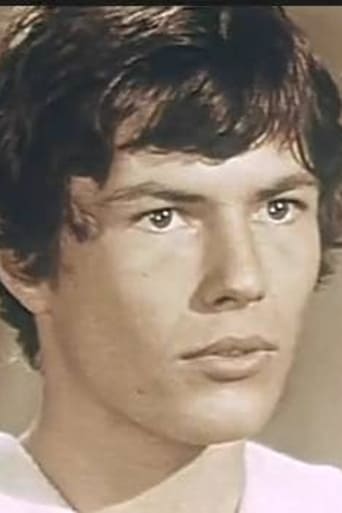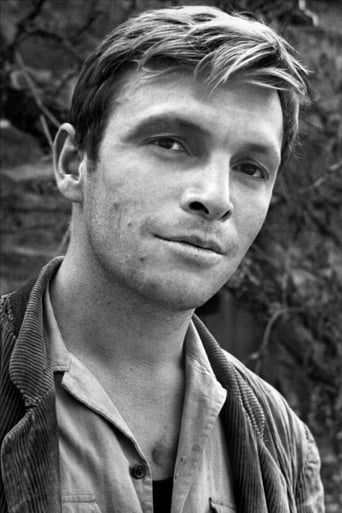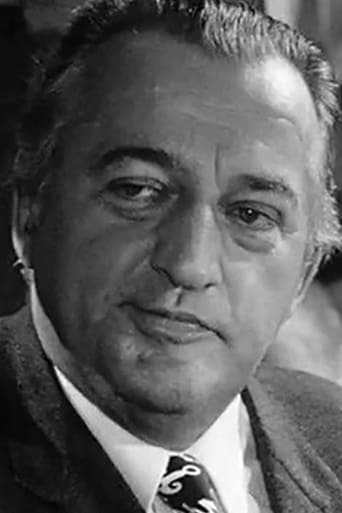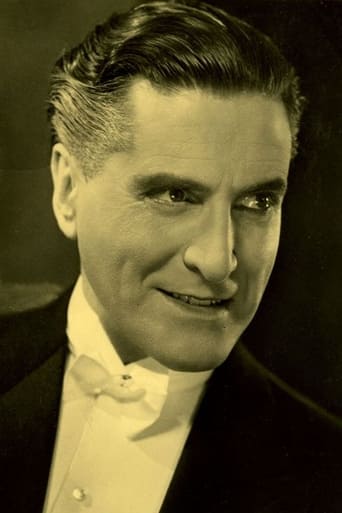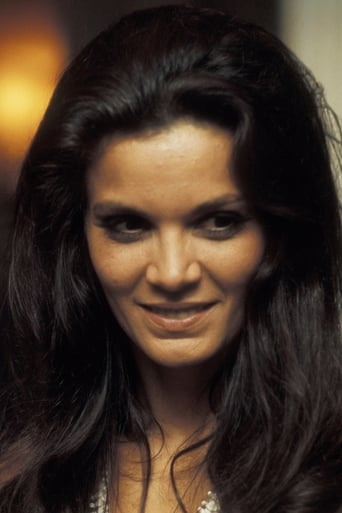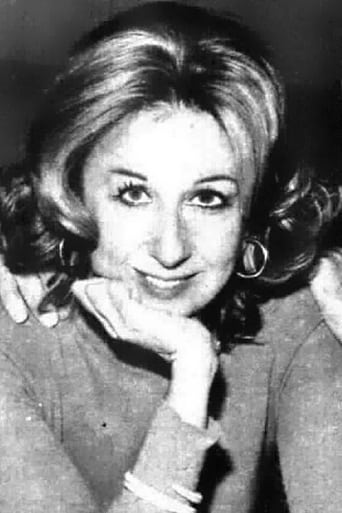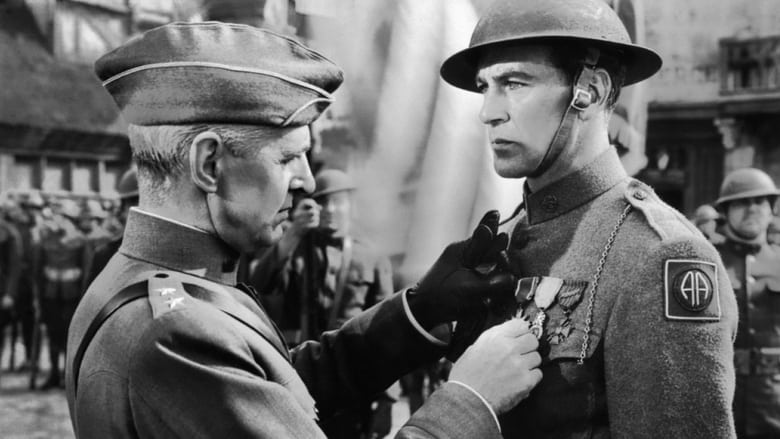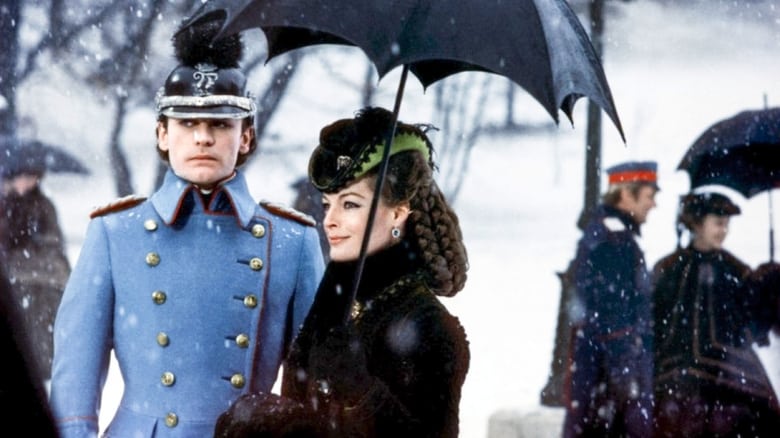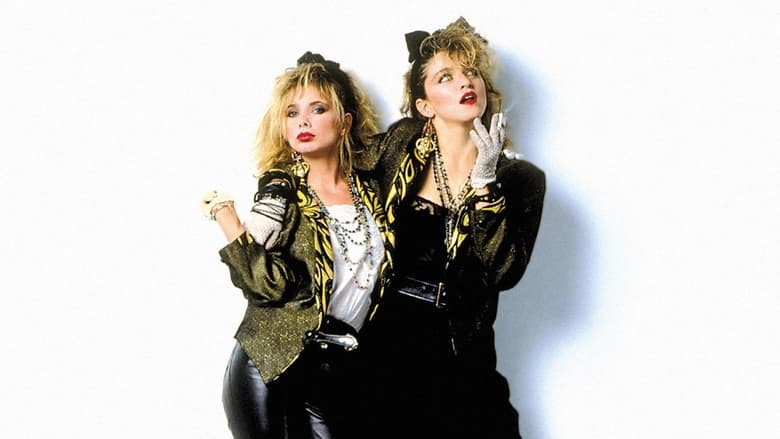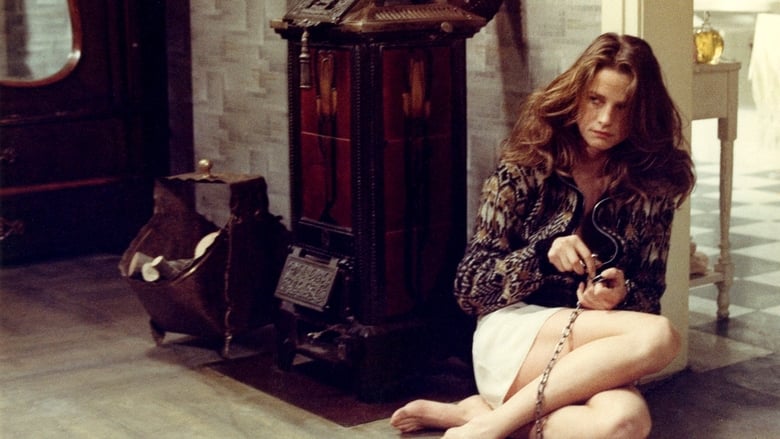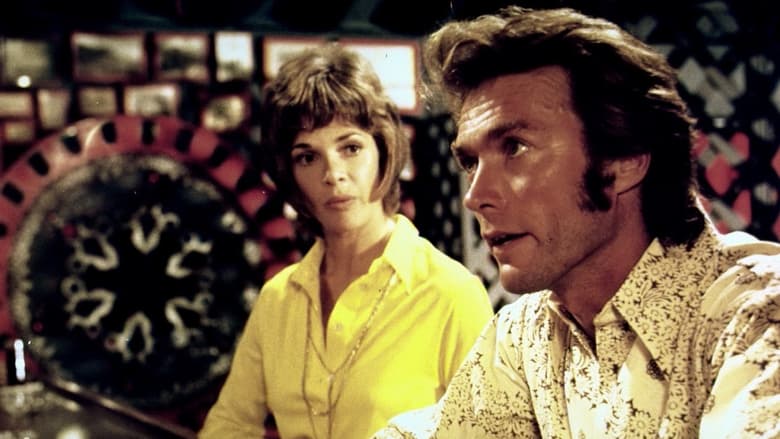In the early days of Nazi Germany, a powerful noble family must adjust to life under the new dictatorship regime.


Similar titles
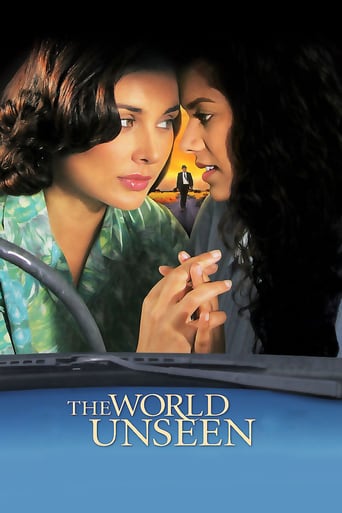
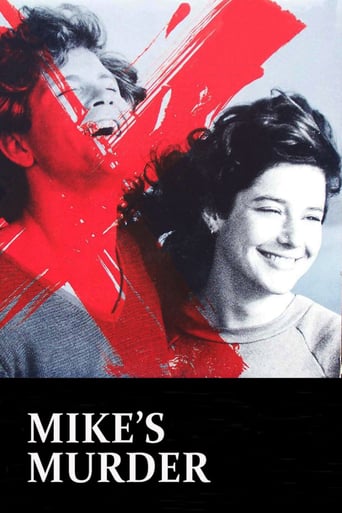
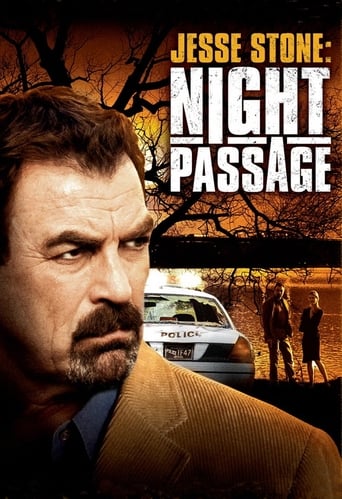
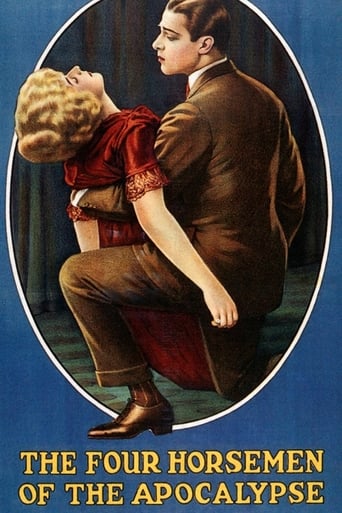
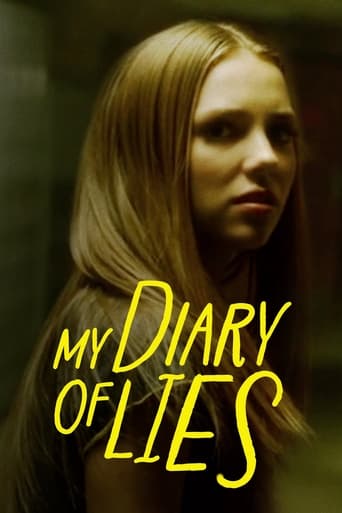

Reviews
The Damned tells the story about the Nazi consolidation of power from the Reichstag fire of 1933 through the famous Night Of The Long Knives purge in 1934 as seen through the eyes of a prominent German industrial family, the Von Essenbachs. The Von Essenbachs are a Prussian Junker clan who survived World War I with fortune intact. They are a munitions manufacturing outfit based on the real life Krupps and in order to survive the Great Depression and the coming Nazi preventive counterrevolution they make a deal with the new Third Reich.As we know from history the Nazis manufactured an incident with the famous Reichstag fire to spread fear and create the climate for the new Chancellor Adolph Hitler to assume dictatorial powers. The next year was a struggle for power within the Nazi movement as well as the country. The Von Essenbachs have their own power struggles with in the family that parallel the Nazis and the country.Luchino Visconti based some of his characters on some real life German personalities of the day. Dirk Bogarde is based on Hjalmar Schacht the finance minister who in fact was a technician and who did in fact play a large role in German recovery from the Depression. Bogarde is a new man brought in to reorganize the munitions factory and who like Schacht thinks he can ride the tiger. Swedish actress Ingrid Thulin plays the daughter of the patriarch of the clan Albrecht Schoenhals. She's one vicious woman who has bought completely into the Nazi ideology. I believe she's based on Joseph Goebbels wife Magda, one of the most terrifying women in history. Though the two of them indulged in many affairs, they were committed partners in support of Hitler. Magda Goebbels was a woman who along with her husband so couldn't stand the thought of Germany losing World War II and her children living under Russian/Slavic occupation that she and Joe killed their seven kids as well as themselves. One of the sickest people in history and I can definitely see Thulin doing the same thing in the same circumstances.The Damned was nominated for an Oscar in 1969 for Best Original Screenplay, it lost to the more popular Butch Cassidy And The Sundance Kid. As much as I like Newman and Redford this story is far better. Sadly this was the only nomination for the film, incredibly not even nominated for Best Foreign Film.As Visconti states in the film Nazism may have been born with Hitler and discontented veterans of World War I, but it was incubated in the factories of Germany during the Great Depression. It was fed to the workers by the owners who were in terror of a Communist revolution. In many ways the Nazi takeover was a preemptive strike against that occurring, but it was a horrible price.
"The Damned" is a masterfully horrific film about the decline of a family of wealthy steel magnates – the Essenbecks – in Nazi Germany. Director Luchino Visconti's main interest in making this film is in showing how evil corrupts Friedrich (Dirk Bogarde), Martin Essenbeck (Helmut Berger), and his mother (Ingrid Thulin). "The Damned" features a number of horrors, including brutal murders, a molested child driven to suicide, and a brutal rape. There is almost a temptation to criticize these scenes for displaying unmotivated violence. Yet Visconti does have a reason for presenting "The Damned" in this way. He wants to depict Nazism as decadent, narcissistic, and erotic. The ideas of Wilhelm Reich are also at play here. Martin is a repressed homosexual transformed into a pliant drug addict by his mother. The film's message appears to be that Martin's repression of his homosexuality leads him to embrace Nazism and become an SS officer. Yet Nazism does not contain Martin's uncontrolled sexual impulses, but merely perverts them. Martin becomes a sadistic brute who sexually molests a young girl. He seeks emotional and even sexual comfort in the bosom of the state, which he subconsciously equates with his mother. This strange association explains why Martin, in true Reichian fashion, brutally rapes his mother.Martin is not the only character to fall from grace. Friedrich's (Dirk Bogarde) ambition to become the president of the Essenbeck steel works and marry into the Essenbeck family leads him to form an unholy alliance with a number of unscrupulous Nazis, including Aschenbach (Herbert Griem) whose idea of socializing is to pontificate on the virtues of the Nazi ideology. This Faustian pact with the Nazis turns out to be a big mistake, opening the door for the Nazification of the steel company and the moral corruption of key members of the Essenbeck family. Then there is the mother (Ingrid Thulin) who feeds Martin's addiction to drugs and plans to marry Friedrich. Visconti's message here seems to be that Friedrich and the mother are not only unpleasant, but that their continued descent into evil results in their own destruction. Friedrich is already showing regret about his collusion with the Nazis in a very awkward love scene with the mother, but by then it is too late.Like all of his films, Visconti shows himself to be a master of cinematography. The camera moves skillfully along with the characters. The images are deliberately grim, suggesting evil and darkness at every corner and sometimes even a manic insanity. "The Damned" is not a masterpiece, but it is engrossing.
It's interesting another IMDb reviewer of the "Damned" refers to Bertolucci, because the same parallel was on my mind - though not with "the Comformist" (which I haven't seen), but with "1900". Both movies deal mainly with the rise of respectively Nazism in Germany and Fascism in Italy, both take liberties with historical truth (although Visconti is -remotely- closer to the fact), both are political statements in the guise of artistic extravaganzas, both can boast an international stellar cast... which is a problem in both cases, as for instance Dirk Bogarde is not very believable as a German industrialist (!!) Anyway, while I consider "1900" a total failure, at least "the Damned" makes for interesting viewing. The story shouldn't be taken too seriously -it is completely over-the-top : incest, drugs, pedophilia, murder, cross-dressing with a dash of Shakespeare and politics. But the experience is on the whole visually compelling. The "parti pris" of treating the rise of Nazism as an opera (Visconti was by the way a famous opera designer) is rather successful. Some of the sequences are quite visually arresting -the Night of the Long Knives (which, unless I'm mistaken, was filmed in Bad Wiessee where it actually took place), or at the end, the party signaling the definitive rise to power of the Nazis. Not Visconti's best by far, but interesting (or hugely irritating depending on your frame of mind).Incidentally, for those who enjoyed "the Damned" I recommend watching Minelli's "the 4 Horsemen of the Apocalypse" which is to a large extent similar -historical silliness redeemed by visual splendor- and rather better.
Visconti's THE DAMNED has generated a lot of reviews, articles and debates since its release in 1969. Writing a review for it seems almost pointless because almost everything has been written about it. What more can one add to the debate? THE DAMNED is a masterpiece, that goes without saying. It's a film that stands by its own, even compared to the director's other films. What's really beautiful about THE DAMNED is that it's quite obvious and not very subtle about it's portrayal of aristocratic decadence. For those who find the movie to be too long and too serious, well, were you watching the same film? There's so many levels of dark over-the-top humor in it that I lost count after a while. If THE DAMNED is seen by everyone has a masterpiece, it should only be described, imo, as a camp masterpiece. I've never seen such a brilliant depiction of decadence from such an obvious gay point of view, ever. Made in 1969 no less. Way before Fassbinder and other filmmakers who made film after film camping up the sordid lives of heterosexuals (war, wealth, power, etc).Though never all and out humorous, THE DAMNED is skewed in such a extremely dry sardonic manner that I started giggling at many scenes. The moment when this dark humor came to the fore occurred halfway into the movie, when we see a huge portrait of the baron at the head office. The portrait is a huge B&W of the man's angry face. The portrait is so ridiculous that I finally laughed out loud. There's no way that such an unflattering portrait would exist in reality. He looks like Boris Karloff on a bad day. And the reason why THE DAMNED is not to be taken too seriously.The whole film feels and looks like a 3 hour fashion magazine layout. The pure chic decadence it reeks is timeless. After watching the film, I now realize that most fashion designers and photographers of today have been copying the look and style of THE DAMNED. Sometimes, the whole film appears to be just surface, certainly because the characters that inhabit this world are so implausible, so over-the-top that they're divorced from any reality. Certainly the one wonderfully played by Helmut Berger (who was also in that Nazi "exploitation" flick, SALON KITTY). What a memorable character but, frankly, not a very realistic one. More of a symbolic one. And the confusing use of English (for most of the film) and German (for the very long orgy/massacre scene) enhances this detached symbolic approach. In fact, the whole film is pure symbolism. And it's quite brilliant in its use of symbolism: a wealthy aristocratic family is always filled with decadent family members scheming schemes but if there's one thing common about these families is that they're rarely affected by the outside world. These families live in worlds of their own, ruled by internal "laws" and "regulations" of their own. Visconti brilliantly uses this cloistered family dynamic coming apart before our very eyes to show how powerful and inescapable the rise of the Third Reich was and how something bigger than the wealthy family can filter into it and irrevocably control it because of the lack of morality that exists in such an aristocratic milieu. The aristocrats look down on the poor and less fortunate but here they are destroyed by a maniacal leader which came to power by preying on nationalistic fears of the general population. Oh the irony. I especially love the scenes with the maids and servants who never say anything or react to whatever happens around them. Visconti, who was raised and lived in such a milieu, is having way too much fun bringing down the Essenbeck family. THE DAMNED is definitely not for everyone but if you're game and you understand camp, this film is the pinnacle of camp. I doubt anything else will ever top it.
